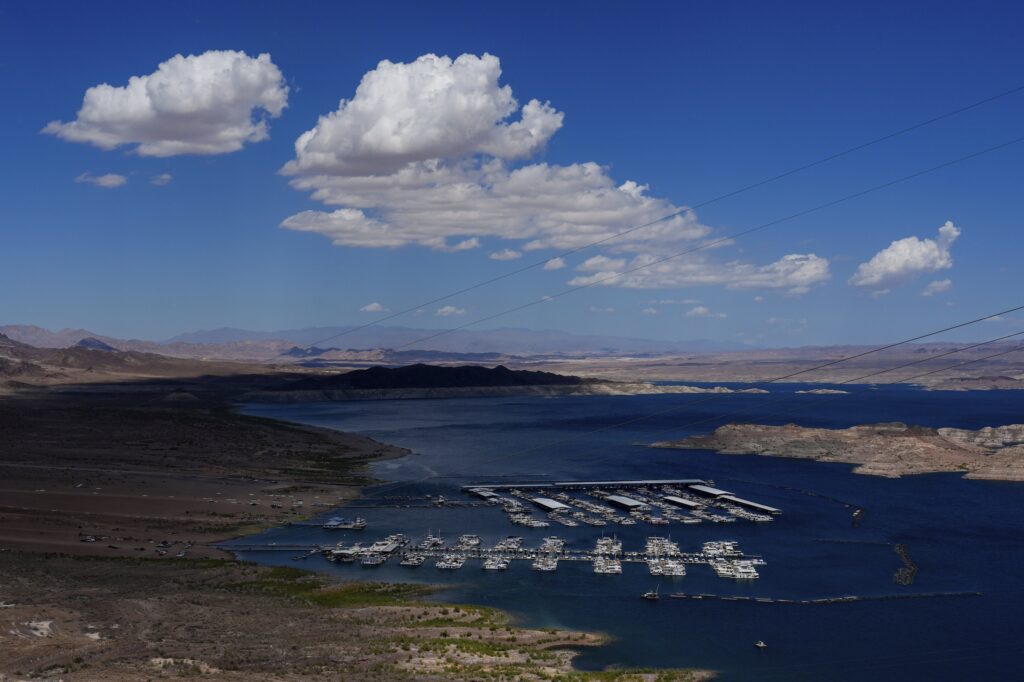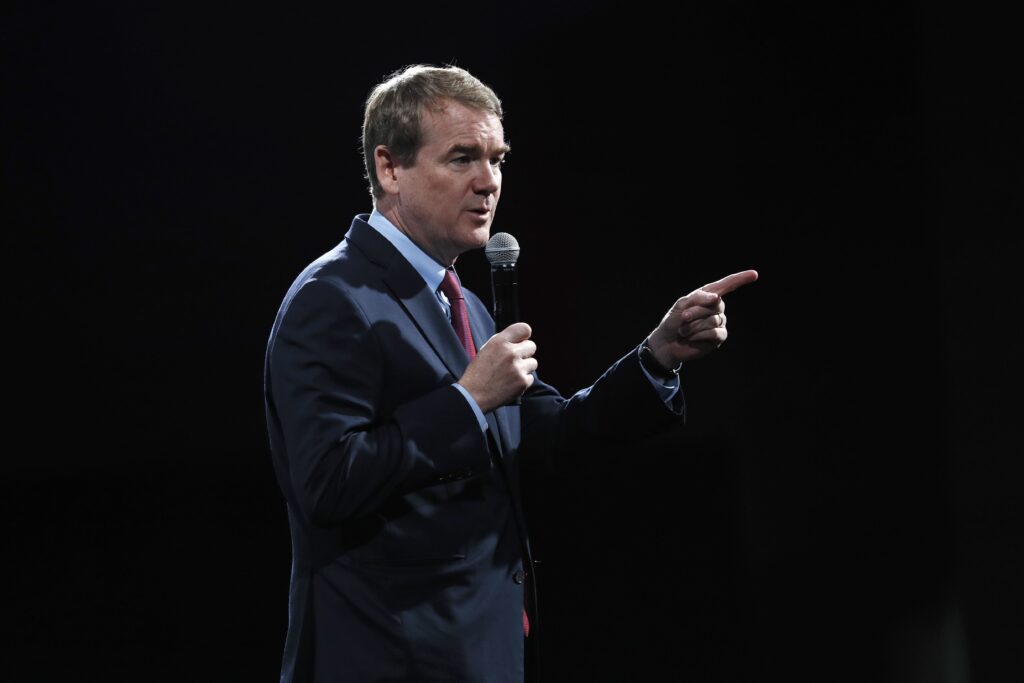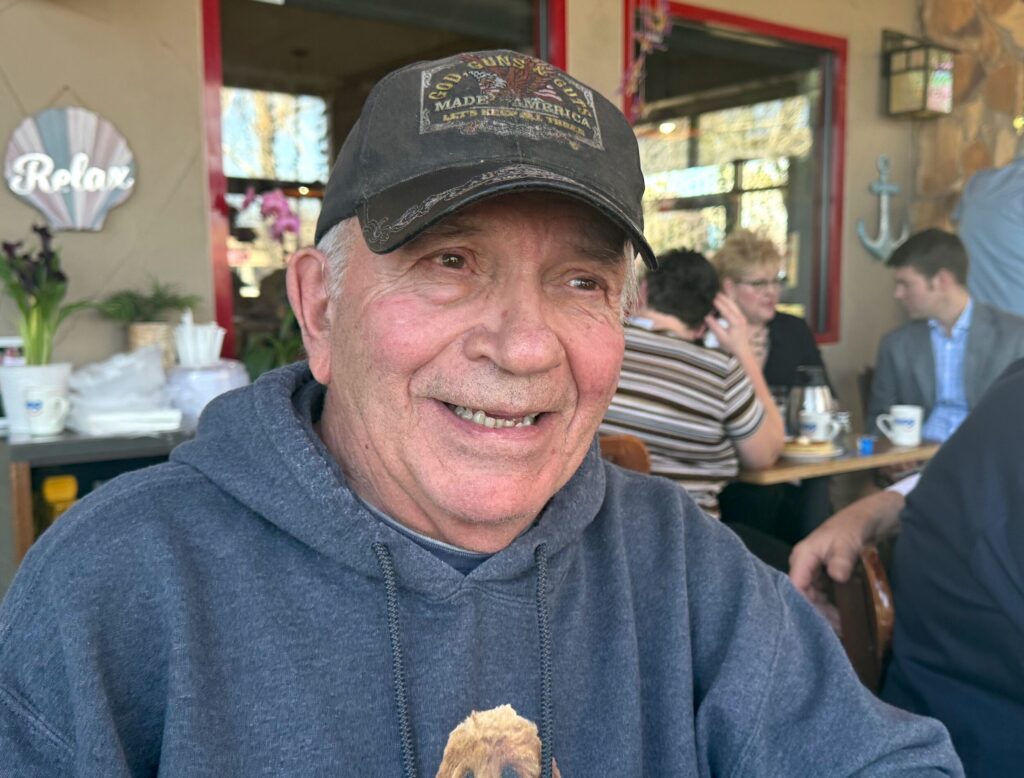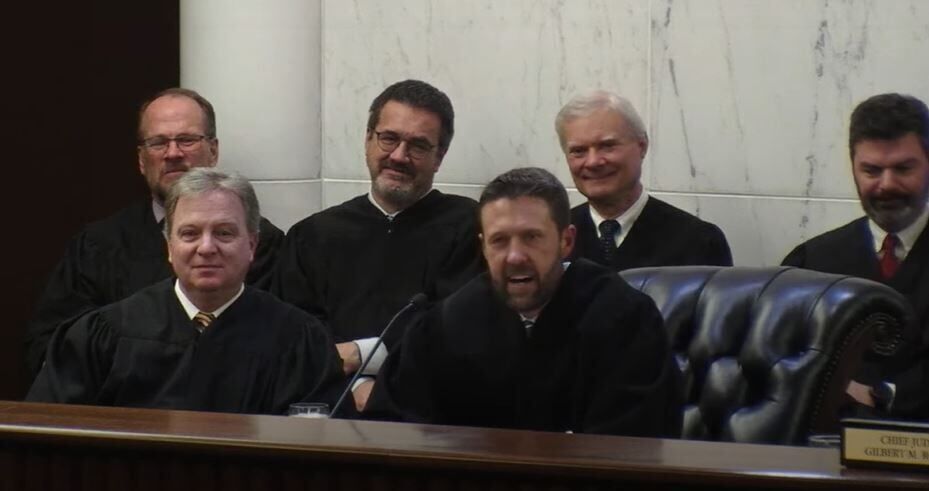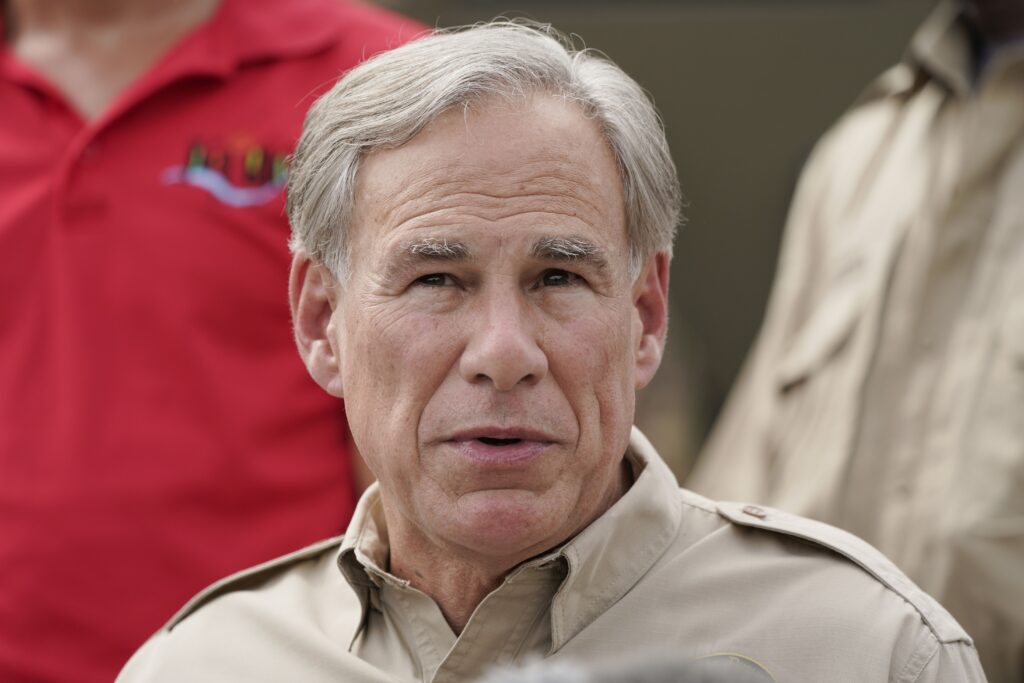Lest we forget: The lessons of World War II | Vince Bzdek
At the beginning of “The Book of Laughter and Forgetting,” the great Czech author Milan Kundera tells the story of a cold, snowy day in Czechoslovakia in 1948 at the height of Communist rule.
A man named Clementis stood next to Communist Leader Klement Gottwald on a balcony overlooking a crowd. Because of the cold, Clementis solicitously placed his own cap on Gottwald’s head.
Alas, Clementis fell out of favor and was hanged four years later. He was airbrushed out of all propaganda photos by the Communists, erased from history books, and vanished forever.
Ever since, in photos seen by every child in the Czech Republic in every schoolbook and in every museum, Gottwald stands alone on that balcony.
Wrote Kundera: “All that remains of Clementis is that cap on Gottwald’s head.”
The dissident Kundera was writing behind the Iron Curtain after World War II about the importance of remembering: “The struggle of man against power is the struggle of memory against forgetting,” he wrote.
‘Failure to launch:’ Polis’ plan to improve mental health faltering | Vince Bzdek
On the 80th anniversary of Victory in Europe Day, I’ve been talking to some old soldiers here in town, and they worry that we are fast forgetting our own lessons from World War II.
“As a young boy growing up in Northern Virginia, I had a neighbor, Lloyd Johnson, who stormed the beaches of Normandy and lost an eye and part of his foot stepping on a landmine as he assaulted Omaha beach,” recalled Karl Schneider, former Green Beret and past chairman of the Colorado Springs World Affairs Council. Schneider has served all over the world from South Korea, Europe, Turkey and Africa, as well as in combat in Iraq and Afghanistan. He worries that such a war could happen again.
“As we approach the 80th anniversary of victory in Europe from the great World War II, we should not let our point of view get muddled,” he said.
Polling released last week by YouGov shows a partisan gap in how we remember World War II. Three-quarters of Republicans expressed pride, compared with 56 percent of Democrats. “This is probably in part because of the wide gap in views of the conflict by age; older Americans, who are more likely to be Republican, are also more likely to express pride in the U.S.’s role,” the Washington Post’s Phillip Bump suggested.
‘Air’ Gordon’s buzzer-beating dunk was one for the ages | Vince Bzdek
The poll showed another gap in views of respondents on whether or not NATO, the European Union and the United Nations have played an important role in preserving peace since the war. About 74-75 percent of Democrats believe they have; only 40-55 percent of Republicans did.
Schneider thinks we’ve already forgotten why those organizations were established.
“The YouGov poll from which Phillip draws his data, insights and assertions are disturbing at best for me as a lifelong Republican, combat veteran, and leader,” said Schneider.
“To me, this indicates a lack of understanding of the reasoning for the development of these three entities,” he argues. “The U.N. in 1945, with the function of maintaining peace and to develop cooperation amongst peoples. The E.U., established in 1993 as a result of the Maastricht Treaty, but really formed over decades of continuous evolution of treaties, economic communities, and the like to create such an economic reliance upon each other as defined by the Schuman project to ‘make war unthinkable and materially impossible.’ And finally, NATO was founded in 1949 as a military alliance to counter Soviet influence in Europe.”
What other lessons from World War II shouldn’t we forget?
If you ask military historian Rick Atkinson, he would tell you that the contrast between how the Allies and Axis conducted the war is worth remembering now.
“The cohesion and internal coherence of the Allied coalition had assured victory; the better alliance had won,” writes Atkinson in “The Guns at Last Light,” the final book in his WWII liberation trilogy.
The Allied way of war won with systems that were “centralized, unified and coordinated.”
“In contrast to the Axis autocracy, Allied leadership included checks and balances to temper arbitrary willfulness and personal misjudgment,” writes Atkinson.
Winston Churchill, as usual, put it best: “There is only one thing worse than fighting with allies, and that is fighting without them.”
There was also a sense during and after the war “that the resolution to preserve civilization must become more implacable,” an American observer wrote in 1939. Having survived the catastrophe of World War II, the world was united in its vow that in the years following, we must never let such an abomination happen again, that the international community must stand up to tyrants and despots long before they push the world too far.
Schneider argues that we Americans have paid a high price for dragging our heels when it comes to threats beyond our shores.
“In WWI, where the U.S was drawn into the fray reluctantly and when we finally became interested in the goings on in Europe, it cost us dearly,” said Schneider. “A whole ‘lost generation.’ Later, after WWI, again when the political tectonic plates began to shift under the Europeans’ feet, we were reluctant to get involved in any measurable form that might have dissuaded Hitler and his ilk from burning Europe to the ground.
Is Colorado on the verge of a new mining boom?
“That reluctance to meet the challenge/threat early and head on cost us and the world dearly later when we could do nothing but get engaged.”
Another lesson, which we seem to have utterly forgotten as evidenced by the atrocities in Ukraine and Gaza, is the sheer butchery of all-out war. Sixty million people died by the time Japan surrendered 80 years ago. New words had to be created for that war, like genocide, and old words assumed new usages, like Holocaust, Atkinson notes.
The war “was a savage, insensate affair, barely conceivable to the well-conducted imagination,” wrote Lieutenant Paul Fussell. In the 50 years I knew him, my grandfather, a master sergeant in WWII, never spoke once of what the actual fighting was like.
Another lesson: Successful war requires the whole country, not just the soldiers. The homefront shipped 18 million tons of war stuff to Europe during World War II. Munition plants turned out 40 billion rounds of ammunition and 56 million grenades.
“The enemy was crushed by logistical brilliance, firepower, mobility, mechanical aptitude, and an economic juggernaut that produced much, much more of nearly everything than Germany could – bombers, bombs, fighters, transport planes, mortars, machine guns, trucks,” wrote Atkinson.
War can be a potent catalyst for social change back home, WWII also taught us. New technologies like jets, computers, ballistic missiles and penicillin spurred vibrant new industries after World War II. The GI Bill put millions of soldiers into college, spurring unprecedented social mobility.
More than anything, World War II taught us vigilance.
“We should promote democratic governments, stand together, resolutely, to protect freedom globally,” Schneider said. “It helps keep war from our shores. Having traveled the world, tip-toed in North Korea, visited China, and multiple other war/conflict zones, we do not want that type of oppressive government or armed conflict here. We just don’t.”
One of the most mysterious legacies of the war was how the intensity, camaraderie and high purpose left many soldiers feeling those were the greatest years of their lives. One soldier wrote his daughter that “the anti-aircraft gunner in a raid and the boy in a landing barge really did feel at moments that the thing they were doing was a clear and definite good, the best they could do. This thing, this ennoblement … refreshed and lighted the whole heroic and sordid story.”
For those destined to outlive the war “and die abed as old men half a century hence, the din of battle grew fainter, without ever fading entirely,” Atkinson observes.
A rifleman in the 26th Division put it this way: No war is really over until the last veteran is dead.
Of the 16,112,566 Americans in uniform during World War II, fewer than 66,000 are still alive. By 2036, demographers estimate fewer than 400 will remain.
As the echoes grow fainter and fainter, remembering the deeds of those soldiers, and remembering them accurately, grows more and more crucial. Very soon, as reporter Osmar White wrote during the war, the living will “have the cause of the dead in trust.”
George S. Patton, one of the greatest heroes of that war, probably had the best advice for those of us charged with remembering. “It is foolish and wrong to mourn the men that died. Rather, we should thank God that such men lived.”


